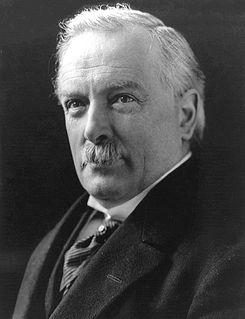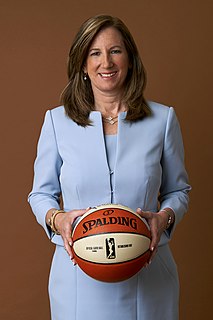A Quote by Richard Rodriguez
Those people who say that America is finite are some sense right. The environmental movement, for example, has a great wisdom to it: we need to protect, to preserve, to shelter as much as we need to develop. But I think this always has to be juxtaposed against the optimism of old, which is now represented in part by immigrants. I would like to see America achieve a kind of balance between optimism and tragedy, between possibility and skepticism.
Quote Topics
Achieve
Against
Always
America
Balance
Between
Develop
Environmental
Environmental Movement
Example
Finite
For Example
Great
Great Wisdom
Immigrants
Kind
Like
Movement
Much
Need
Now
Old
Optimism
Part
People
Possibility
Preserve
Protect
Right
Say
See
Sense
Shelter
Skepticism
Some
Think
Those
Tragedy
Which
Wisdom
Would
Related Quotes
My position is that the rate should align with the level of economic development. Because it is always about a balance, a balance of interests, and it should reflect this balance. A balance between those who sell something across the border and those who benefit from a low rate, as well as a balance between the interests of those who buy, who need the rate to be higher. A balance between national producers, for example, agricultural producers who are interested in it.
For society to function some kind of reasonable balance has to be stuck between the competing interests of creditors and debtors. Although the mandate of the Bank of Canada was to maintain a delicate balance between encouraging growth and fighting inflation, the Bank opted to focus exclusively on fighting inflation. In doing so it came down heavily in favour of those with financial assets to protect, and against those whose primary need was employment.
If America is to be run by the people, it is the people who must think. And we do not need to put on sackcloth and ashes to think. Nor should our minds work like a sundial which records only sunshine. Our thinking must square against some lessons of history, some principles of government and morals, if we would preserve the rights and dignity of men to which this nation is dedicated.
Immigrants are exactly what America needs. They're what we need economically, and I think they're what we need morally... [They] revitalize America and get it back to its sense of confidence... All of these immigrants that come here help us with the work they do, they challenge us with new ideas and new perspectives, and they give us perspective.
The ironic factor that is between the Houthis and al-Qaida, that is, they both have strong anti-American sentiment. For example, the slogan of the Houthis is death to America and death to Israel and God curse the Jews and victory to Islam. And besides that, there is very little in common between al-Qaida and the Houthis as far as ideology goes, but they see themselves as having a common enemy, which is America. And America is in a situation, where the Houthis are fighting al-Qaida quite viciously on the ground, yet now the Americans are allied with Saudi Arabia in strikes against the Houthis.
I learned a good deal about economics, and about America, from the author of the Reagan tax reforms - the great Jack Kemp. What gave Jack that incredible enthusiasm was his belief in the possibilities of free people, in the power of free enterprise and strong communities to overcome poverty and despair. We need that same optimism right now.
I am the last man in the world to say that the succor which is given us from America is not in itself something to rejoice at greatly. But I also say that I can see more in the knowledge that America is going to win a right to be at the conference table when the terms of peace are discussed. . . . It would have been a tragedy for mankind if America had not been there, and there with all her influence and power.
I do not consciously reclaim. I am not those "some readers" and so I think it would be impossible for me to see my work that way, as reclaiming a preserve. I write in a way that is aimed at all levels - conscious and unconscious - at pleasing the kind of reader I am. Some of the authors I read are male, some are female, and some are even in between. And speaking of in between, maybe now is as good a moment as any to point out that there might be no "feminine" or "masculine" literary sensibility, or sensibility generally.
Listen, the environmental movement is not about protecting the fishes and the birds so much as recognizing that nature is the infrastructure of our communities ... If you're saying the values that drive the environmental movement are uncool and antithetical to America, then I would argue just the opposite. If you think being patriotic is not cool, I'd say that's not true either. I'd say the most patriotic thing you can do is to take care of the environment and try to live sustainably.




































